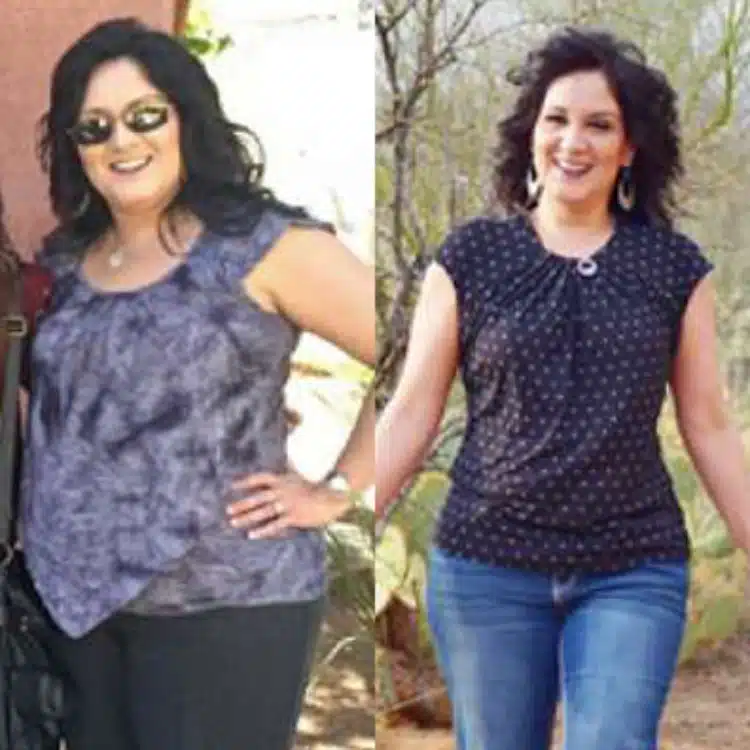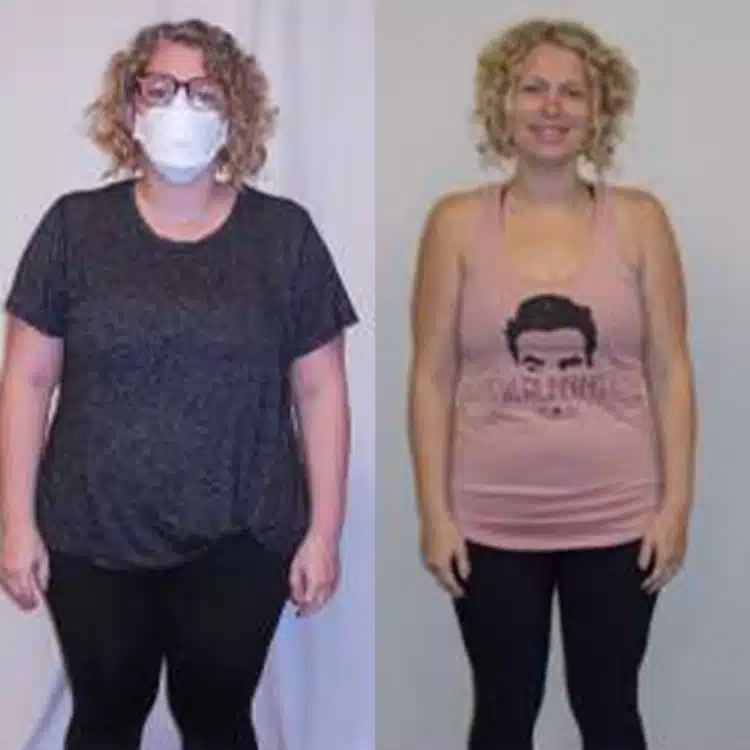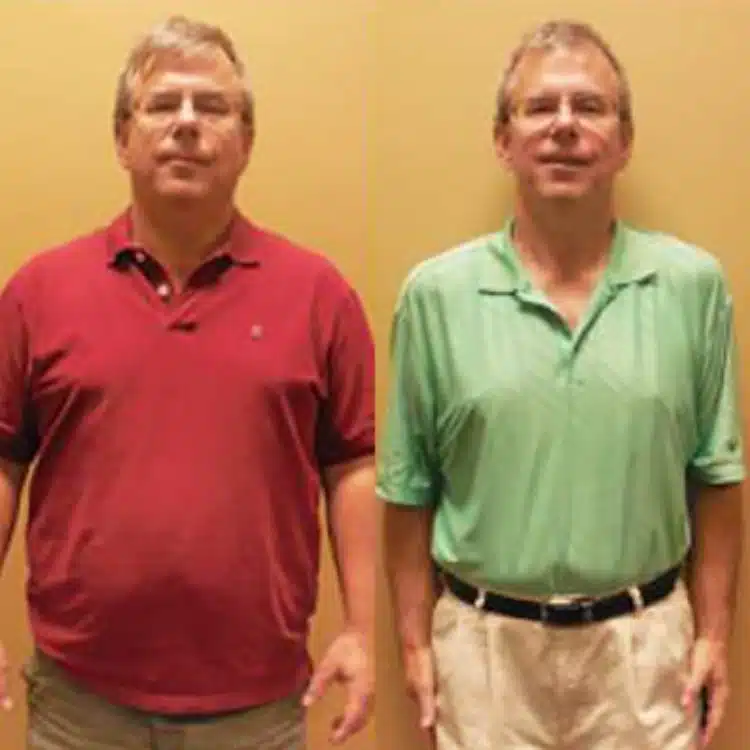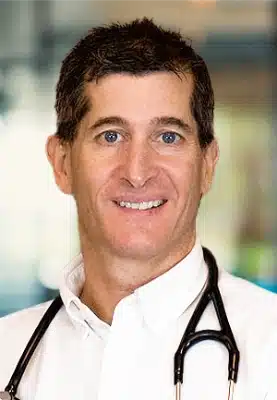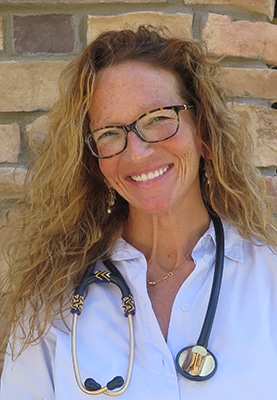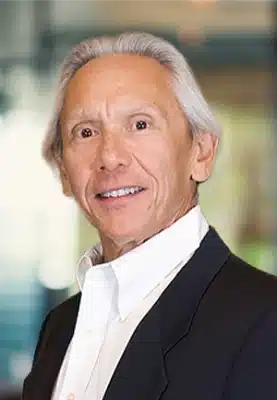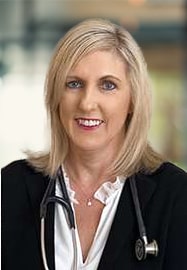For many people who are overweight, the problem of overeating and lack of exercise can be traced back to their childhood or teen years. Often when starting out on a medical weight loss plan it becomes important to address stressors and psychological issues that may cause overeating and make it difficult to lose weight.
When tackling the issues of childhood and teen obesity, some might think that overeating and comfort eating is only in response to major stressors, but often it is a learned behavior that has developed over the child’s lifetime that causes the behavior. Day to day stress at school and with peers can lead a child to eat to alleviate the bad feelings. Emotional eating is often also due to boredom.
While negative stressors often trigger emotional eating, children will also turn to food when they are feeling great. Parties and holiday celebrations are always associated with large amounts of great tasting food. Treats as rewards in response to good test scores and reports cards will also associate food with good feelings. Due to rewards such as these, food often begins to be seen as a comfort in good times as well as the bad.
It is important to know that emotional eating in both teens and adults is a disorder. This mentality needs to be addressed psychologically to assure that a medical weight loss plan is effective and the child’s ability to lose weight is not inhibited by deep set feelings and learned behaviors.
Whatever the cause of the emotional eating and overeating may be, when a teen sets out on a medical weight loss journey they need the emotional and mental support of parents and professionals to help address the issues that trigger the eating. When the issues are addressed the ability to lose weight will increase and so will the teenager’s self-esteem.

